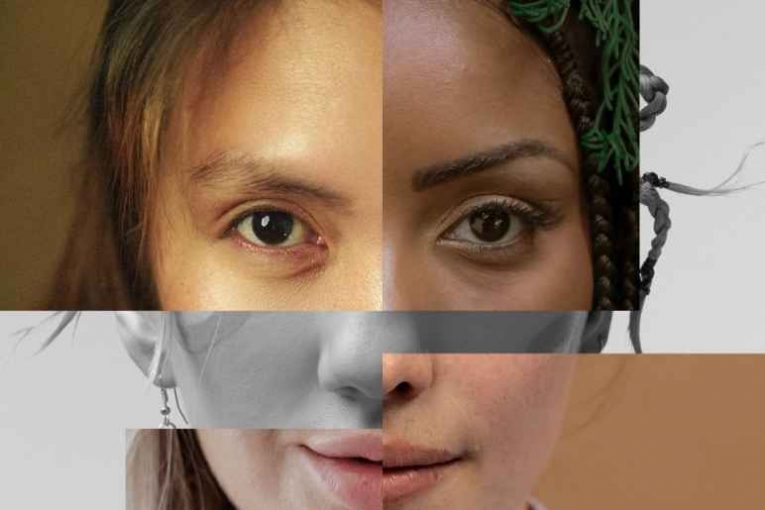
by Jon McCray Jones
A stipulation of the Shared Revenue Bill providing Milwaukee with much-needed funding would also curtail Milwaukee city and county diversity, equity, and inclusion (DEI) efforts in hiring and awarding contracts. Black Wisconsin Legislator Rep. Kalan Haywood said, “Diversity, equity, and inclusion efforts exist to equalize and remedy that past as we move into the future… There is strength in diversity, and we must invest in and foster that strength.”
The DEI movement in the United States began during the Civil Rights Movement to increase acceptance and tolerance of newly integrated institutions after segregation. It has grown to include gender, sexual orientation, religion, country of origin, personality types, disabilities, and other identities, and the goals shifted to creating environments in which different identities aren’t just accepted and tolerated but diverse identities can thrive and feel belonging.
These imperative DEI initiatives aimed to make historically segregated institutions more welcoming and reflective of the different identities that occupy them for the first time in American history. “’Affirmative action’ means if you come to a party, you can get in the door. But it doesn’t help you once you’re inside. Diversity and inclusion is what happens once you’re inside the door,” said Patti DeRosa, president of ChangeWorks Consulting.
So why are Wisconsin Lawmakers opposed to DEI initiatives in Milwaukee and the entire University of Wisconsin system? It’s not just Wisconsin. Republican lawmakers in more than a dozen states have introduced legislation to curtail DEI initiatives, leading Politico to call these attacks “the new Red Scare.” In May, both Florida and Texas passed bills banning DEI initiatives in public colleges. Texas Gov. Greg Abbott also issued a directive instructing Texas public universities to stop considering DEI statements in their hiring practices, a move that the UW System preemptively adopted. Why is there a “new red scare” around DEI initiatives?
Republican lawmakers, including Robin Vos, argue that DEI campus initiatives increased racial division and “indoctrinated” students. On the hiring level, lawmakers say that DEI initiatives sacrifice merit and efficiency for virtue signaling. Some wrongly tout that these initiatives’ goals are for “equality of outcome” and not equality of opportunity, arguing that on campuses and in the workforce, these initiatives hurt institutions rather than helping.
These are not fair critiques of DEI initiatives. The goal of DEI is not for “equality of outcome” but to attempt to improve the success rate of disenfranchised groups in institutions historically designed solely for white, cis, non-disabled men. Imagine that while playing Monopoly with friends, only one player could collect money for the first three trips around the board. After the first three trips around the board, every player can collect money, but that first player has an advantage, and the consequences of the formerly rigged game still make the game unfair. That is the long-lasting impact of America’s former racist policies. It gives white communities, and specifically white cis-men, an advantage. This is why DEI initiatives are imperative to create environments that will allow others. Most of these policies don’t exist today, but the implications of their implementation are generational. Today, communities of color are underrepresented at every UW-System campus but two, according to fall of ‘21 semester enrollment. It was merely two generations ago that the Black People’s Alliance organized to improve recruiting at the UW-Madison campus, and less than 100 years ago, UW-Madison’s population of Black Students was 15, according to Velma Bell Hamilton’s Master thesis. Wisconsin also lags significantly behind other states in Black and Latino homeownership and possesses one of the country’s most significant racial wealth gaps. A 2020 UW-Milwaukee report found that Milwaukee ranks near the bottom for various metrics comparing racial inequality in the nation’s 50 largest metropolitan areas.
DEI programs don’t indoctrinate college students or employees but may make them feel uncomfortable. Exposure to new ideas isn’t indoctrination, it’s freedom to the realities of the world and the different experiences that inhabit them. Research has found that university-led efforts to address racism directly led to less racist beliefs and discrimination in the student population. Two studies conducted in 2017 and 2020 found that exposing people to more diverse environments leads to more unity and less discrimination.
Diverse communities are better communities and DEI initiatives help to protect and maintain diverse communities. Lawmakers should support initiatives that bring different constituents together and form better outcomes. It is counterproductive to the betterment of Wisconsin and the United States to oppose DEI initiatives.
Jon McCary Jones is a Policy Analyst with ACLU Wisconsin.

